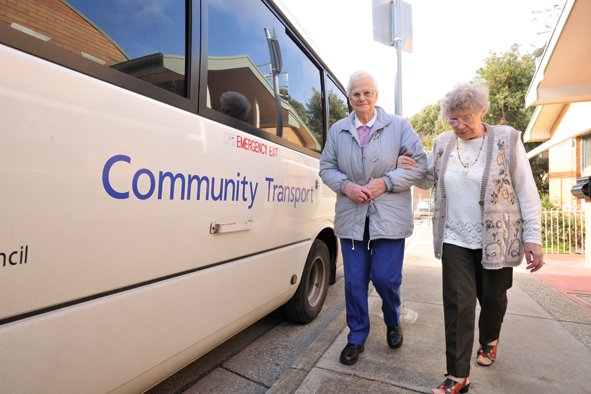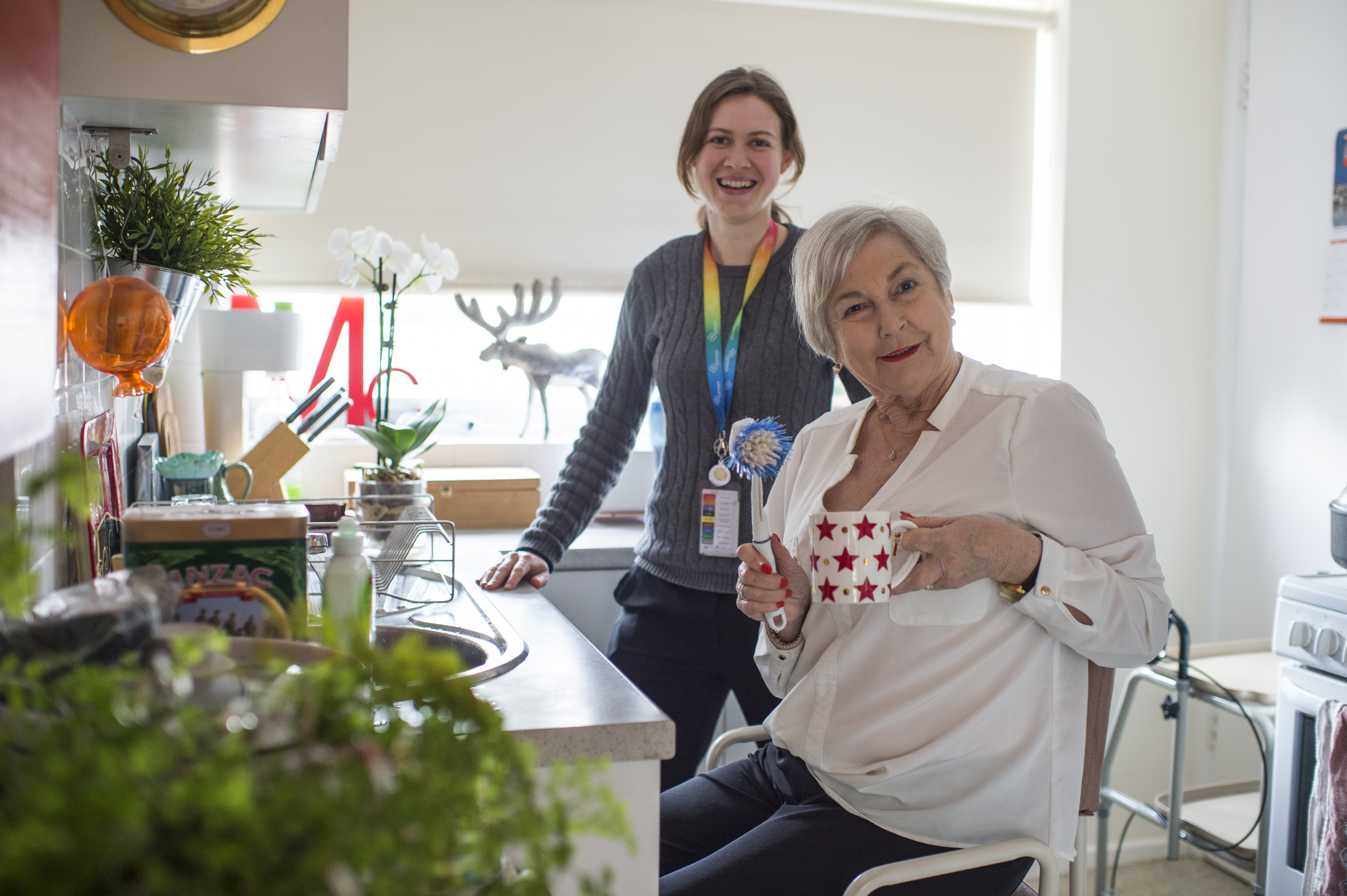Select from the following services

Like adults, teenagers can experience stresses every day from all manner of seen and unseen factors.
Whether it is the demands and frustrations of school, negative self-thoughts, changes to their bodies, problems with friends or peers, parental issues, family health issues, taking on too much or having too high expectations, the potential issues in a teen’s life are seemingly endless.
Unless they know how to manage their concerns, many young people can become overloaded with stress, which can lead to anxiety, withdrawal, aggression, physical illness or turning to drug and/or alcohol to subdue their feelings.
And as a parent, knowing what to do to help your teenager can sometimes be overwhelming, especially with the incidence of youth mental illness on the rise.
Connect Health & Community’s Program Manager, Child, Youth and Family - Kate Temby, said while the thought of guiding teens through the stresses of pre-adulthood in the 21st century may be daunting, parents need not be overawed.
“While it may seem intimidating, they key thing to remember when trying to help your teen is that we were all young once. By putting love at the core of everything you do and really listening to them, you can work together to find the right path and get the best result for teen facing stress,” she said.
With one in four Australians aged 16-24 experiencing mental illness, mental health is the number one health issue facing young Australians. But there are steps parents and teenagers can take to ease the journey.
Parents can help their teens navigate stress by:
Teens can decrease their stress by:
Ms Temby said that by using these, and other techniques, teenagers can begin to manage their stress before the pressure becomes too much.
“The key for parents and kids is to stop, communicate and slow down. If everything feels like it is spinning too fast …stop, take a deep breath, talk and move forward together. Slowly,” she said.
“If teens show signs of being overly stressed, Connect Health & Community, and other support networks, offer a range of services to help young people and their families tackling the challenges of youth and mental health,” she said.
For more information on Connect Health & Community’s youth support services, call 03) 0575 5333 or visit https://connecthealth.org.au/our-services-programs-groups/youth-support-services/
Headspace, run by the National Youth Mental Health Foundation, offers support, information and advice to young people between the ages of 12 to 25. Visit headspace.org.au to find out more or find a centre near you.
Other online resources:
ReachOutParents: www.parents.au.reachout.com
Mind Matters: www.mindmatters.edu.au
BeyondBlue: www.beyondblue.org.au
Headspace: wwwheadspace.org.au
Reference; Growing Happy, Healthy Young Minds (Dr. Ramesh Manocha) Expert Advice on the Mental Health and Wellbeing of Young People.A youth mental health initiative developed with students during Victoria’s lockdowns, is hoped to help reduce the stigma surrounding mental health issues and encourage teens to seek help early.
Read MoreOur Health Promotion team is supporting early learning centers through the Achievement Program, an initiative that helps services create a healthier environment for their students, staff and families.
Read MoreThis Children’s Week, we asked our paediatric team to share some of their favourite activities for kids that embrace the importance of play for a healthy lifestyle.
Read More
Speech pathologists provide assessment and management of communication, swallowing and feeding difficulties.
Read More
We have been offering safe and quality door-to-door transport options to our community since 1975.
Read More
We provide Occupational Therapy to help children, adults and those experiencing mental health issues, to achieve their full potential.
Read MoreSelect from the following services